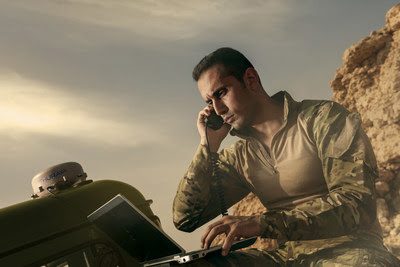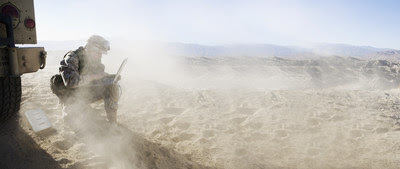EDENKOBEN, Germany, July 1, 2021 /PRNewswire/ – European Wellness Biomedical Group (European Wellness) through its educational arm, European Wellness Academy (EWA), has signed a Letter of Intent (LOI) with Zhifu People’s Government of Yantai City, Shandong Province, China to establish the first International Biological Regenerative Medicine Education Centre in Shandong Province via the Connecting Shandong with Fortune Global 500 & Deepening Shandong – EU Cooperation event.

In a live digital signing session, the two parties agreed on a joint venture that will see a total investment of RMB 100 million (USD 15.4 million) for the building and launching of a world-class biological regenerative medicine education centre for disease management and aesthetics in Yantai City, China.
The multimillion-dollar project comes at a time where biological regenerative medicine has rapidly emerged as an area of interest, globally and in China, amid rising health concerns. The collaboration will supplement efforts to improve resources, training, and knowledge in integrative regenerative medicine within the region to meet current and future demand.
EWA was represented by its Group Chairman, Prof. Dr. Mike Chan, in the signing session hosted by the Shandong Provincial Party Committee and overseen by the Municipal Government Office, together with representatives from Fortune Global 500 companies including the Chairman of Continental’s Executive Board, Pirelli’s Executive Vice Chairman and CEO, and Saint-Gobain’s Senior Vice President and Asia Pacific CEO.

“The global burden of chronic diseases is rapidly rising. Regenerative medicine is the future and the present. To cope with the needs of the future, educational trainings are crucial; the number of professional high-end medical and wellness practitioners must be able to meet the demands that are to come,” said Prof. Dr. Mike Chan, Head of the Scientific Committee for Regenerative Medicine of the European Society of Preventative, Regenerative and Anti-Aging Medicine (ESAAM).
European Wellness Academy
Located in Germany, Switzerland, Greece and Malaysia, EWA is a CPD authorised body with a premium training and development wing that revolves around cutting-edge Bio-Regenerative Medicine modalities for practitioners and researchers. The Academy has extensive years of combined clinical experience and a core academic team comprising of qualified MDs and scientists with numerous international affiliations and accreditations.
Photo – https://mma.prnewswire.com/
Logo – https://mma.prnewswire.com/



